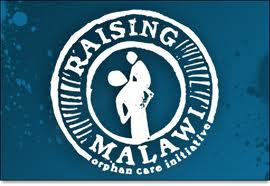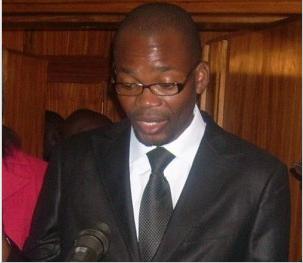FRIDAY and Saturday were red-letter days for media practitioners in the world in general and Malawi in particular when media bodies celebrated the World Press Freedom Day (WPFD) which falls on May 3 each year.
I was privileged to be invited to attend the Judge John Oliver Manyarara Memorial Lecture at the Ryalls Hotel in Blantyre on Friday.
The primary purpose of the memorial lectures, which have been held by National Media Institute of Southern Africa (MISA) -Malawi since 2011, is to celebrate and advance Judge Manyarara’s life, which was characterised by his commitment to media freedom and freedom of expression.
The memorial lecture, which was delivered by Dr. Edge Kanyongolo, entitled ‘Role of the Judiciary in Establishing a Societal Balance between Media Freedom and a Person’s Right to their Reputation’, was organised as part of the celebrations to mark the 2013 WPFD.
I liked how the learned professor expounded on how the burden of proof impinges on the freedom of expression and free media and what role the judiciary can play in ensuring freedom of expression is advanced as a defence against defamation litigation.
Kanyongolo even went further to suggest that the burden of proof be shifted to the plaintiff rather than the defendant. Listening to him present his arguments, one could easily tell his convictions in so far as media freedoms are concerned.
The underlying question is how far the media can go in exercising their freedom to report on individual reputation.
In attempting to define what freedom is, I am also persuaded by Dr L J Mark Cooray’s views on freedom and liberty. Cooray looks at freedom and liberty as two dichotomous but separate entities.
He looks at liberty as the idea or the right or the ability of the individual to do what he or she wants, whereas freedom is a word which contains inbuilt restrictions. He argues that free society contains individuals who are free to do what they do, whilst respecting the freedoms of others.
This begs the question: does freedom of expression exist or is free press attainable?
If one looks critically at the intrinsic meaning of freedom, one will also be able to see why African leaders and their governments are not comfortable with media freedoms and freedoms of expression.
Freedom suggests that someone was at first restricted in his or her dealings. Tell me which African government would marvel at the idea of a free media and the ideal of freedom of expression?
It is not surprising, therefore, that the country’s Penal Code is inundated with “Insult Laws” and laws on criminal defamation which impinge on media freedoms and freedom of expression.
African governments cherish these “Insult Laws” and laws on criminal defamation because that is where they derive the power of their whip which they can use, ruthlessly, to crack on the media to prevent critical appraisal of their performance and to deprive the public information about their misdemeanours.
As the media celebrate WPFD my thoughts are on the media and the challenges they face with governments as they try to do the noble task of informing the citizens about what their leaders and governments are doing.
Just recently, the media in the country came under attack by the country’s president for being too critical.
Like the British High Commissioner to Malawi, Michael Nevin, said the other day when he hosted a reception for the National Press Club, the Misa- Malawi and other media organisations, as a curtain-raiser to commemorations marking World Press Freedom Day , I, too, would like to encourage the President to consider signing the Declaration of Table Mountain which proposes updating Malawi’s laws in order to remove or modernise a legal framework that some would say runs counter to principles of media freedom.
Finally, I am aware that the media awarded excellent work and exceptional reporting in various fields at a special dinner gala last night. It is not for this column to discuss who won and whether or not one deserved the award. All I can say is congratulations to the winners and, without wanting to sound too optimistic, assure you that a free media is possible. – Frederick Ndala Jnr



.jpeg&w=60&q=100&h=60)








